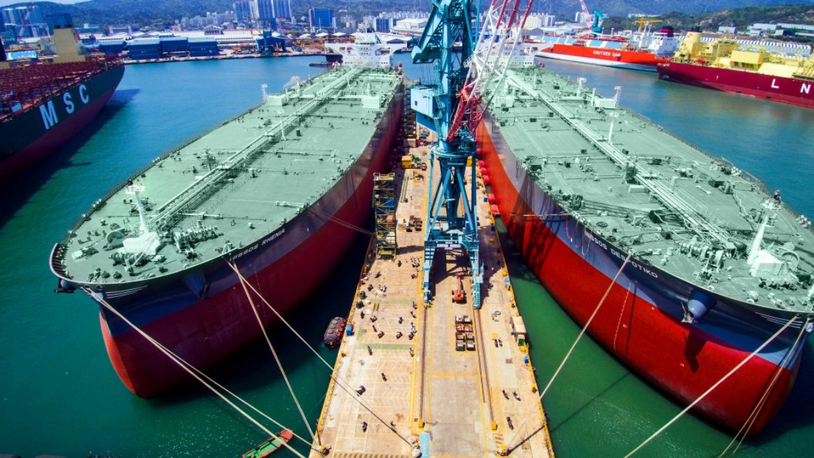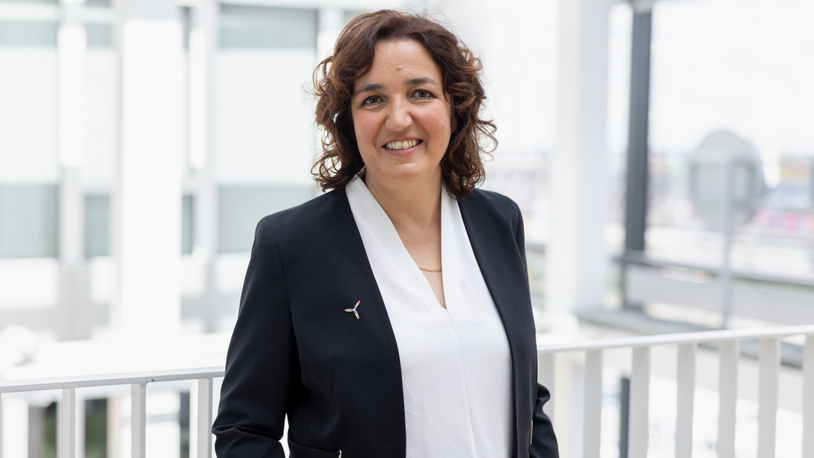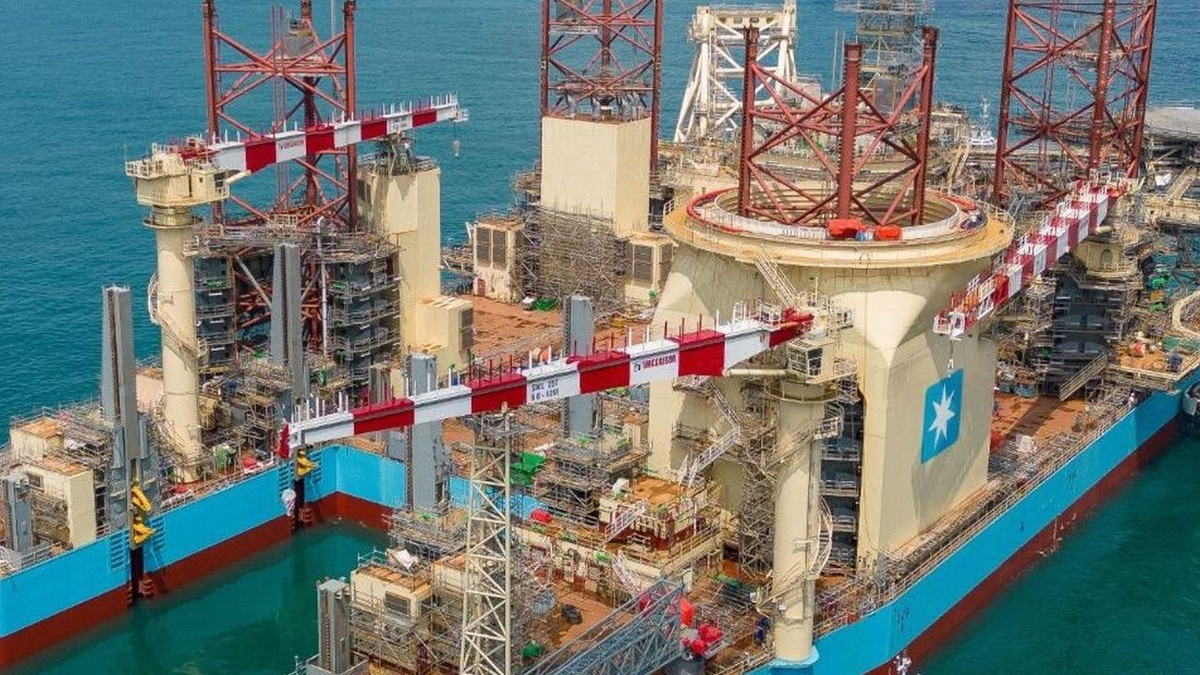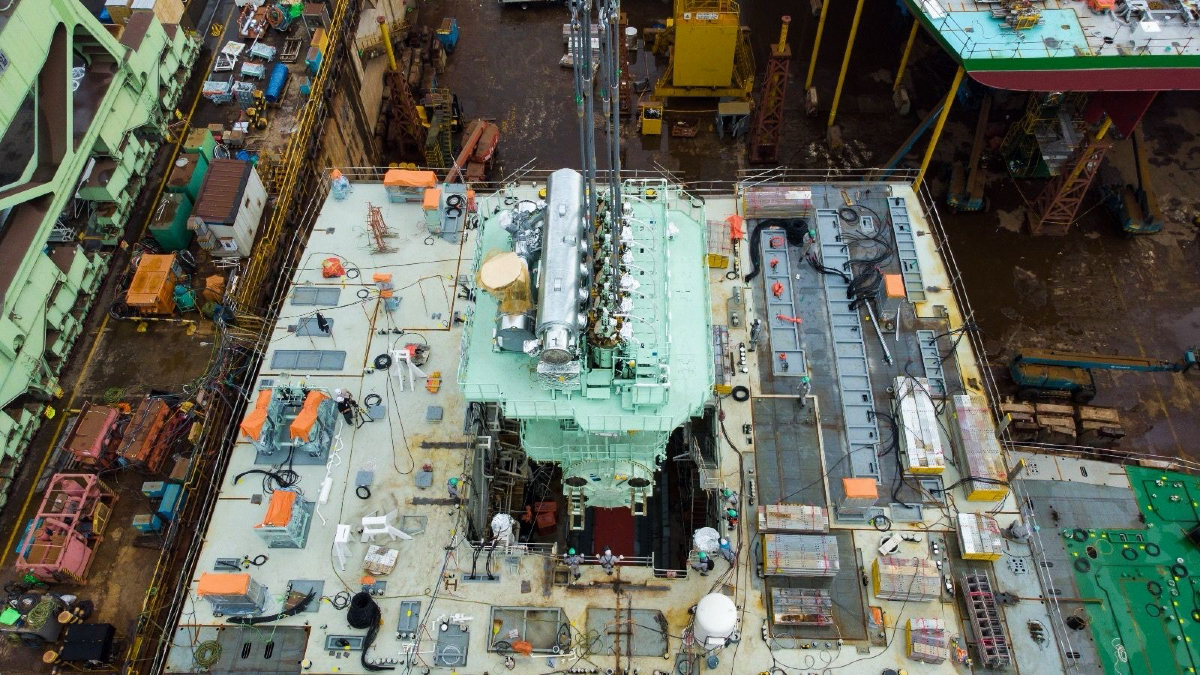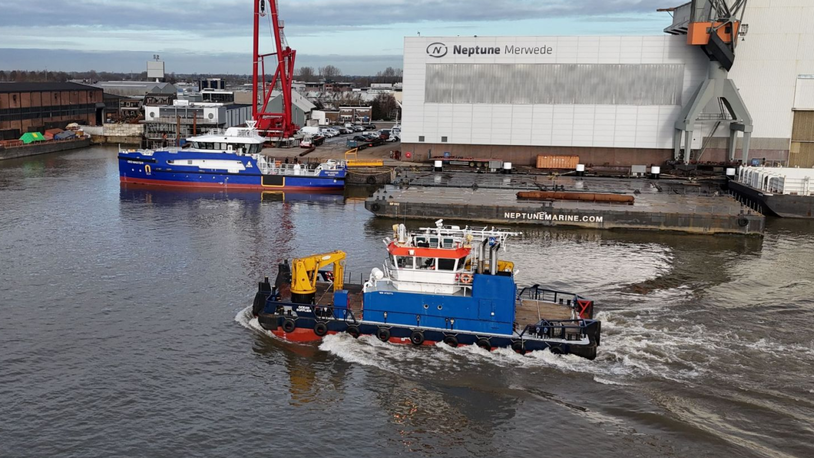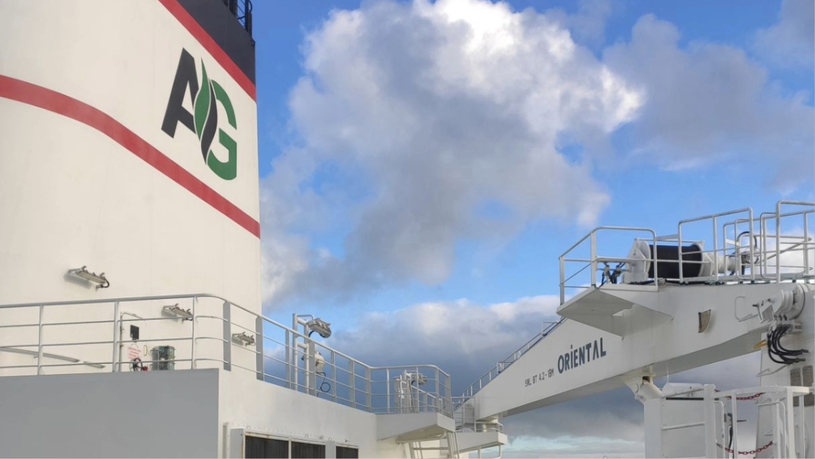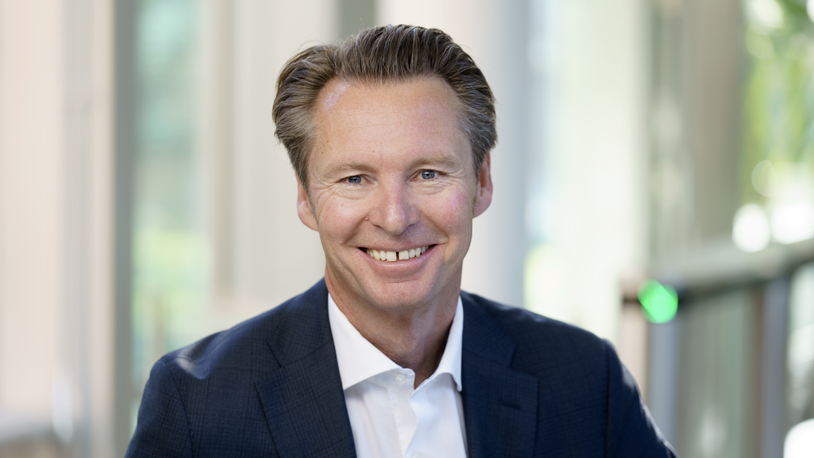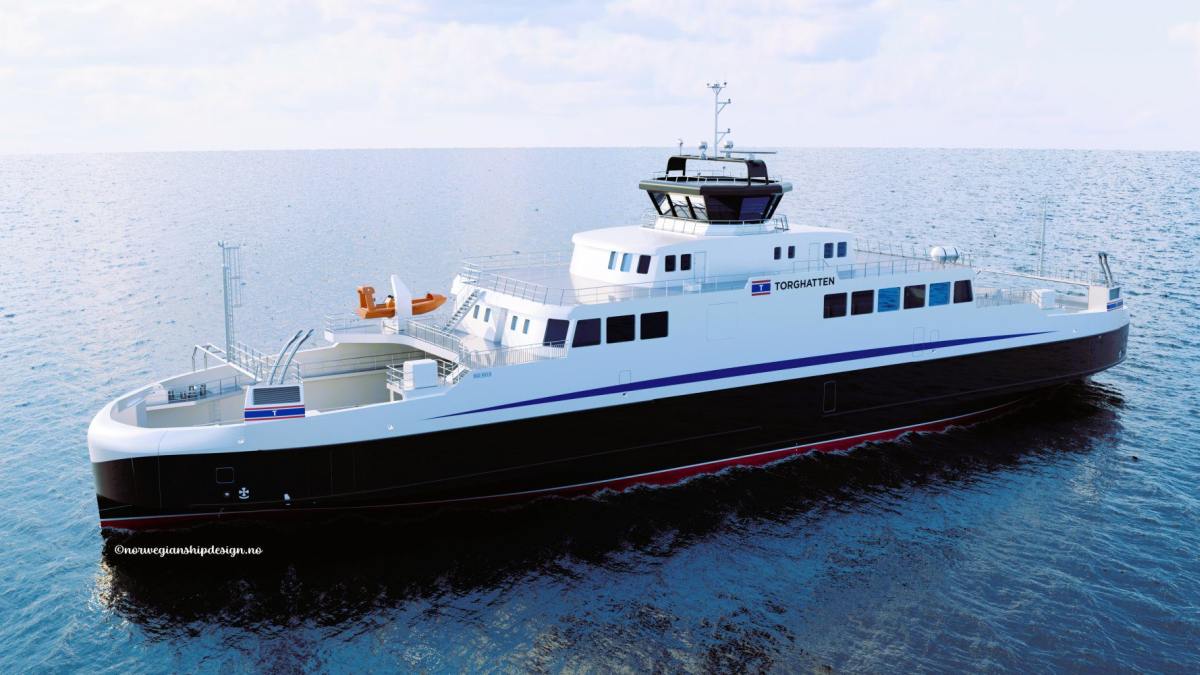Business Sectors
Events
Floating energy: successfully unlocking stranded gas using FLNGs and FSRUs
Contents
DNV calls for pragmatism in IMO's net-zero framework emissions policy
The class society’s latest analysis of the maritime sector’s progress on decarbonisation presents an industry moving forward against a variety of ’headwinds’
Forthcoming greenhouse gas (GHG) emissions regulations for the shipping industry are set to double conventional fuel costs by the mid-2030s, while zero and near-zero GHG fuels production projects face ’headwinds’ in attracting investment, according to an analysis by classification society DNV.
Releasing its latest Maritime Forecast to 2050 report, DNV said that the shipping industry is awaiting clarity on regulations from shipping’s UN-based regulator, International Maritime Organization (IMO), which has approved a series of amendments to the maritime pollution convention (Marpol) regulatory framework but has not formally adopted the draft amendments into the regulatory convention.
With much of the regulatory detail that would need to be contained in the regulation, known as the net-zero framework (NZF), yet to be decided, and DNV’s analysis forecasting that the lack of low-GHG fuels projects is likely to persist, DNV chief executive Knut Ørbeck-Nilssen said the first IMO GHG emissions target in 2030 would likely need to be met by a variety of GHG-reducing measures by shipowners.
The 2030 target, part of a 2023 revision to IMO’s framework on reducing GHG emissions from shipping, requires the sector to reduce its greenhouse gas emissions by at least 20% (striving for 30%) compared with 2008 levels. The same target also requires at least 5% uptake of zero or near-zero emissions technologies, fuels or energy sources by 2030.
DNV calculated that shipping would require roughly one-third of the global production of low-GHG fuels to meet the 5% low-carbon uptake target with fuels alone, a scenario that Mr Ørbeck-Nilssen called "a very tall order and not very likely to happen". To account for the shortfall in fuels availability, DNV called for the use of emissions reduction technologies to reach the target, and the DNV chief executive called for IMO to keep "all pathways" for decarbonising shipping operations open. Mr Ørbeck-Nilssen said IMO could achieve this by not heavily penalising the use of some fossil fuels, particularly liquefied natural gas (LNG), which he called "a very relevant pathway, not only as a step to reduce CO2 emissions by around 20% but also as a longer pathway to decarbonisation by inserting bioLNG and later on also hopefully e-LNG to the mix".
"Pragmatism must prevail," he said.
Sign up for Riviera’s series of technical and operational webinars and conferences:
- Register to attend by visiting our events page.
- Watch recordings from all of our webinars in the webinar library.
Related to this Story
Events
Floating energy: successfully unlocking stranded gas using FLNGs and FSRUs
© 2024 Riviera Maritime Media Ltd.



